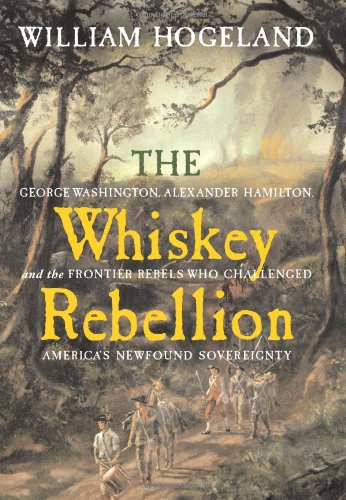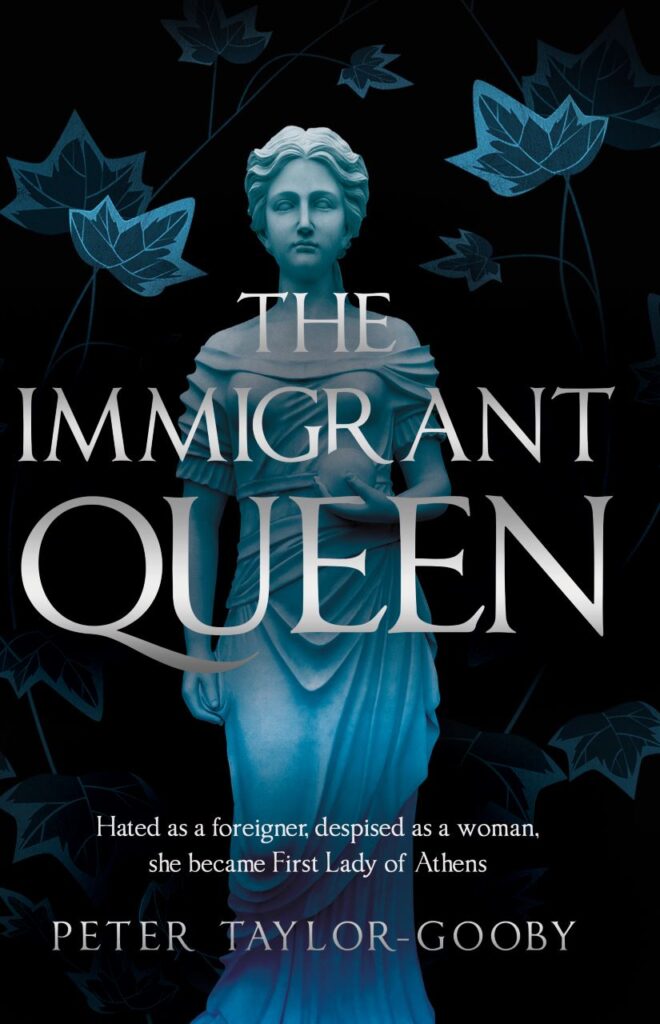The Whiskey Rebellion : George Washington, Alexander Hamilton, and the Frontier Rebels Who Challenged America’s Newfound Sovereignty
The Whiskey Rebellion in 1794 in western Pennsylvania remains a relatively unknown and unexplored segment of the American past. This brief period of organized armed dissent was a local response to the first U.S. tax of any kind – a tax on whiskey levied in 1791, which was a critical element of Treasury Secretary’s Alexander Hamilton’s economic policy. Small Pennsylvania farmers would suffer under this tax, and their response was to attack Federal representatives and arm themselves against the expected government retaliation. President George Washington mobilized 13,000 soldiers and marched them under his direct command to the rebellious areas of Pennsylvania. There was no bloodshed, and the tax was repealed in 1802. Hogeland narrates this story in a traditional yet arresting style and provides the reader with insights into both sides of the issue. His narrative also introduces the reader to frontier life in the early Republic and to the tentative and uncertain manner in which the new government formulated policy.










